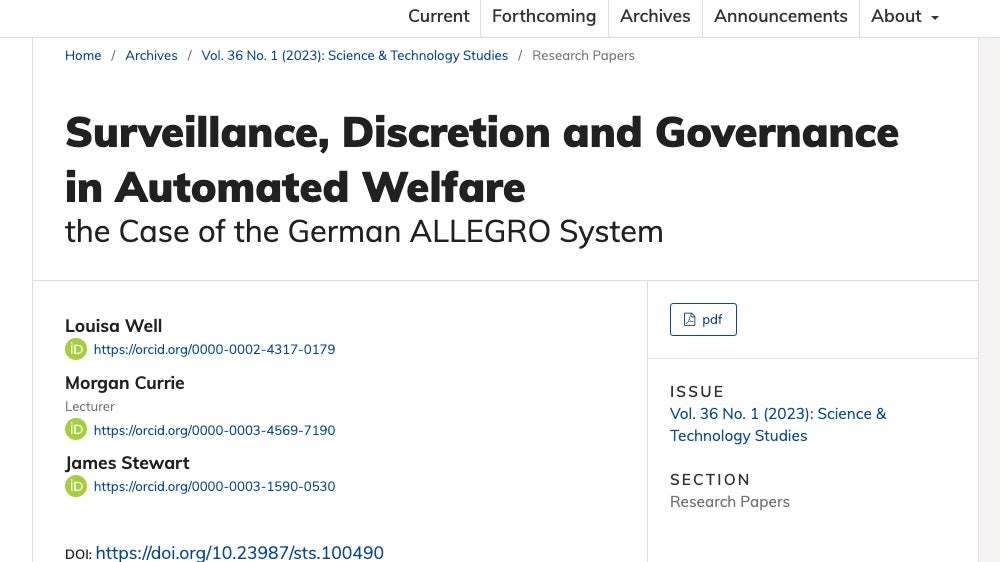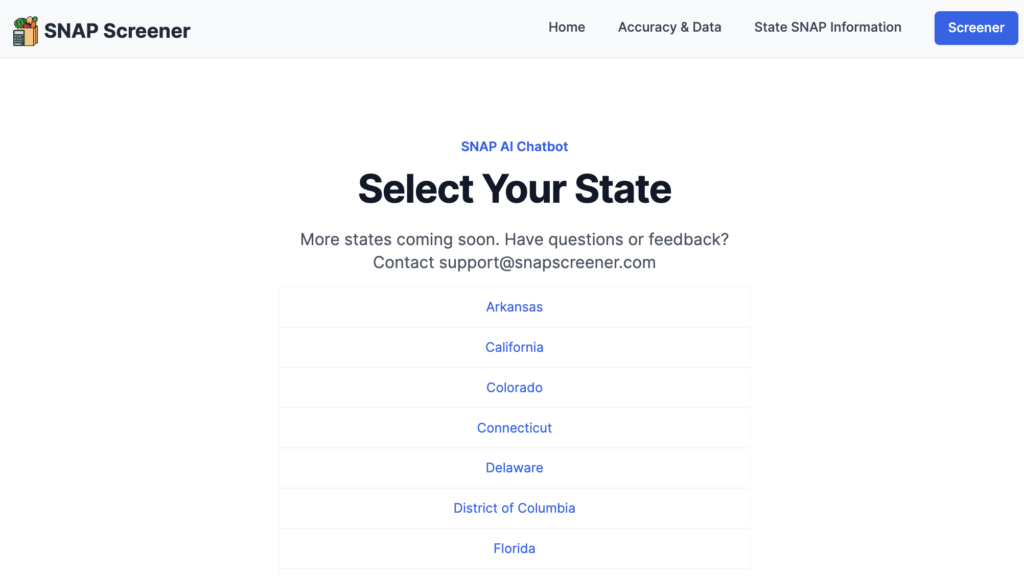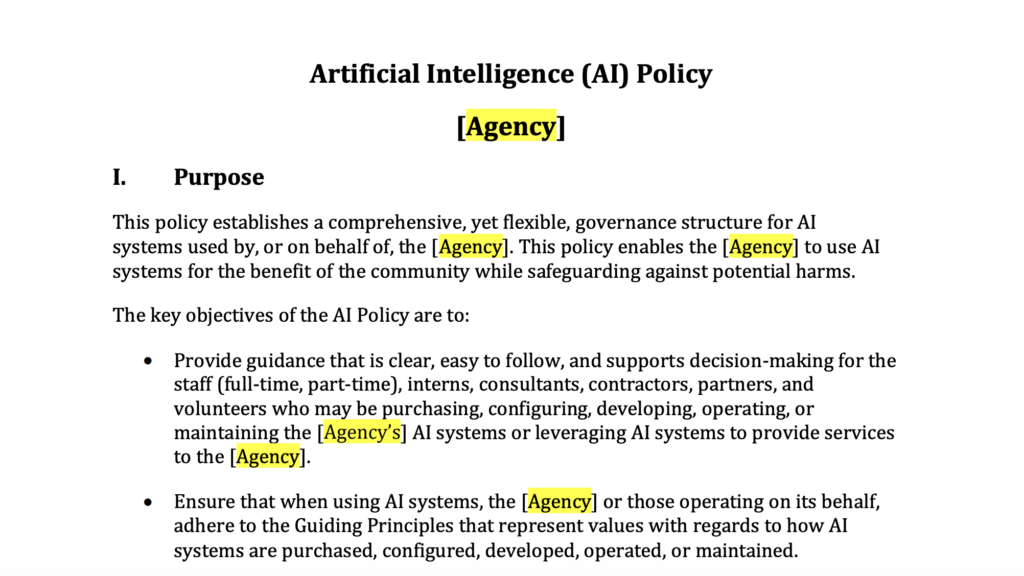Surveillance, Discretion and Governance in Automated Welfare
This academic article develops a framework for evaluating whether and how automated decision-making welfare systems introduce new harms and burdens for claimants, focusing on an example case from Germany.

The article examines the German ALLEGRO system for automated welfare administration, focusing on the interplay between surveillance, human discretion, and governance. While ALLEGRO preserves significant human discretion and avoids some forms of automated surveillance, it still heightens claimant surveillance through increased data sharing with external agencies. The study proposes a framework suggesting that harms in one area can be mitigated by attention to the others, emphasizing the need for ongoing scrutiny of these dynamics in automated welfare systems.
Share this Resource:


